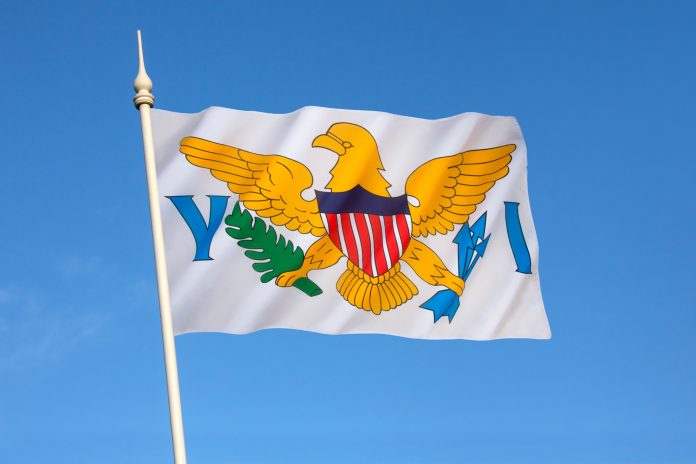In the wake of Tropical Storm Ernesto, small business owners in the U.S. Virgin Islands have received a significant reprieve from the Internal Revenue Service (IRS). Announced on August 28, 2024, the IRS offers delayed tax filing and payment deadlines, extending the relief until February 3, 2025. This initiative aims to alleviate the financial burden created by the storm, allowing affected businesses and individuals to focus on recovery rather than tax deadlines.
Key Benefits of the Relief Program
- Extended Deadlines: All individuals and businesses in the U.S. Virgin Islands, which includes St. Thomas, St. John, St. Croix, and Water Island, now have until February 3, 2025, to file various federal tax returns and make tax payments that were originally due between August 13, 2024, and February 3, 2025.
- Specific Relief Measures: Among the payments delayed are quarterly estimated income tax payments that typically come due on September 16, 2024, and January 15, 2025, along with quarterly payroll and excise tax returns due on October 31, 2024, and January 31, 2025. This extension provides businesses the breathing room they need to recover from the storm’s impact.
- Penalty Abatement: The IRS will also forgo penalties assessed for failing to make payroll and excise tax deposits during the disaster period, provided they are paid by August 28, 2024. This further eases the strain on cash flow for small businesses trying to regain their footing.
- Disaster Loss Claims: To assist business owners facing uninsured losses, the IRS allows taxpayers to claim these losses on either their 2024 or 2023 tax returns. By writing the FEMA declaration number (3611-EM) on the return, they can secure the necessary deductions which could provide critical financial relief.
Practical Applications for Small Business Owners
For small business owners, the implications of this relief package are significant. By having extra time to file returns, businesses can allocate resources toward recovery efforts. Rather than scrambling for immediate cash flows to meet tax deadlines, they can plan strategically.
Moreover, the IRS’s automatic provision of relief to businesses with an IRS address in the affected area means minimal administrative burden. Owners do not need to contact the IRS actively. However, those without an IRS address of record should be vigilant and proactive to avoid unnecessary penalties. The guidance provided on managing unique circumstances can assist these businesses in maintaining compliance.
Potential Challenges Ahead
While this tax relief is beneficial, small business owners should remain aware of potential pitfalls:
- Record-Keeping: Essential records might be damaged or lost in the storm. It is critical to preserve and reconstruct financial documentation wherever possible, especially for businesses that may face inquiries or penalties later.
- Local Resources: Though the IRS has provisions in place, businesses may struggle with local resource availability for tax preparation assistance. Many small business owners might need to rely on outsourced accountants or tax preparers to navigate the complexities of these changes effectively.
- Continued Compliance: Although the deadline extension is a significant relief, businesses remain obligated to comply with all other regulatory requirements. Understanding changed tax statuses and maintaining compliance with local laws will be essential as recovery efforts progress.
Real-World Implications
The tax relief measures represent not only a financial reprieve but a lifeline for the local economy. As businesses navigate the recovery process, the focus shifts from tax compliance to restoration and rebuilding efforts.
“Tax relief significantly alleviates the immediate burden on our community,” said a local business owner who welcomed the IRS’s intervention. “We can redirect our attention to what matters most—serving our customers and rebuilding our operations.”
As more businesses benefit from this initiative, it may also encourage resilience within the community, prompting owners to explore new business models and innovations.
For more detailed information, resources, and updates regarding this tax relief, visit the IRS official announcement and guidelines at IRS.gov.



